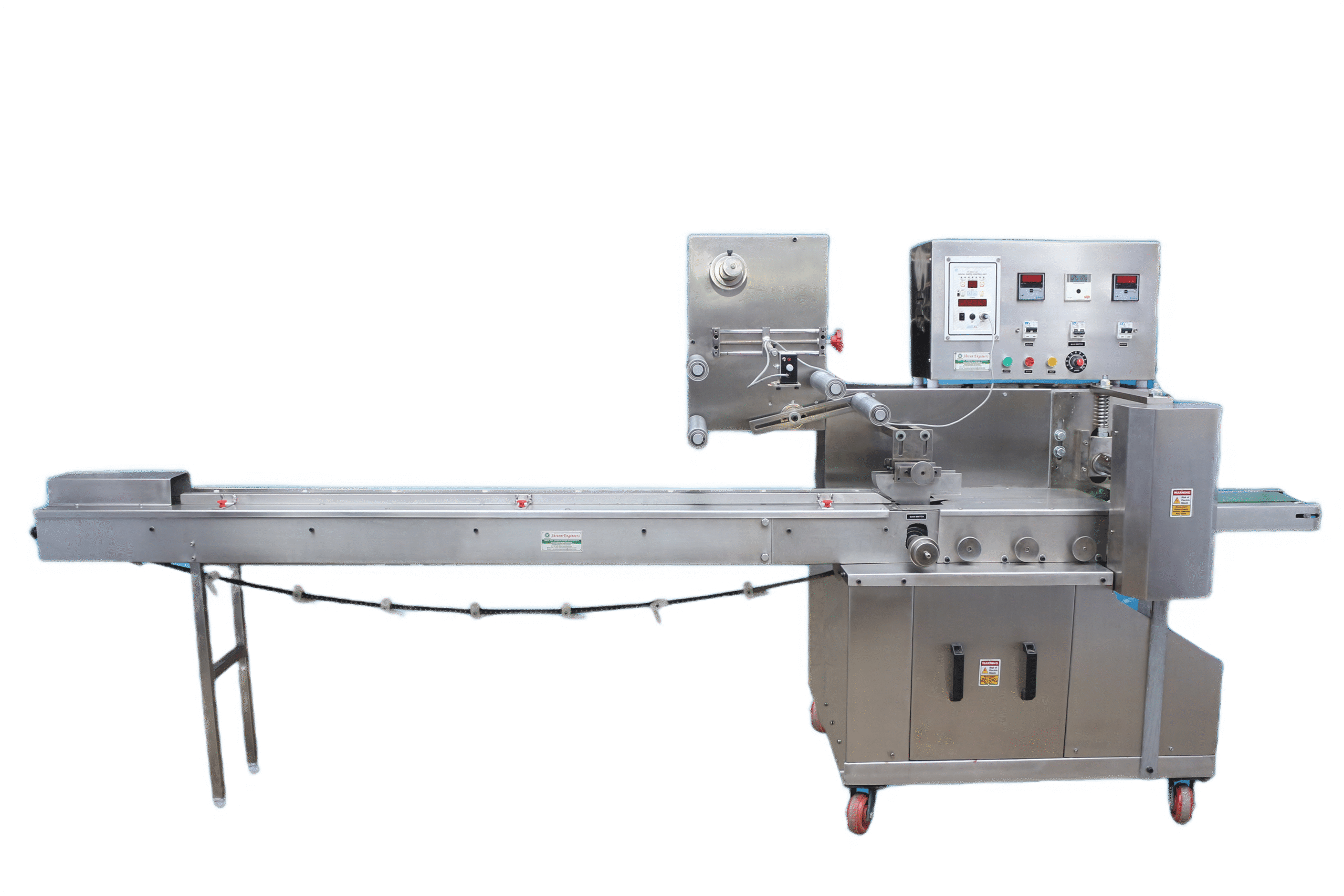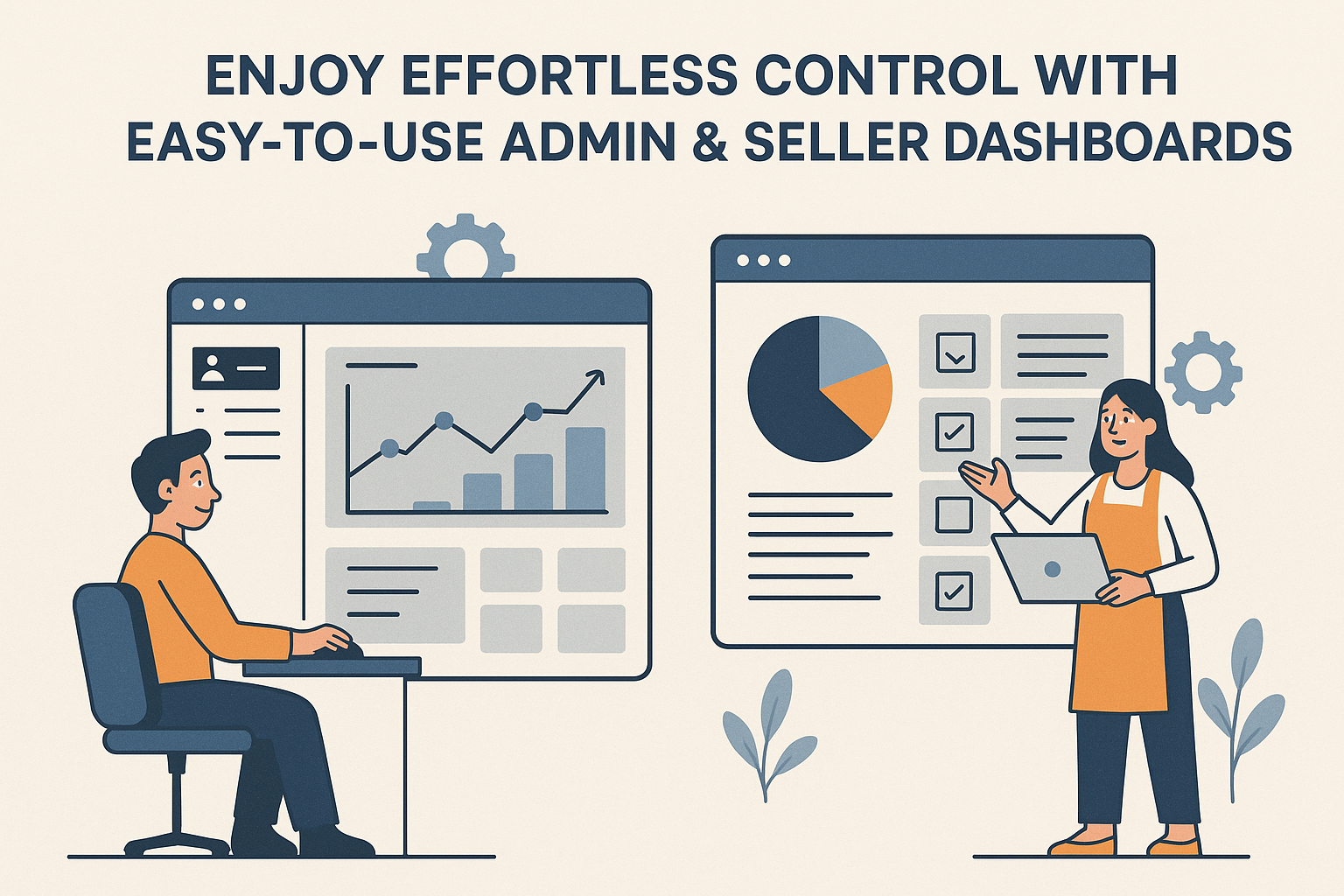Navigating the world of employment requires more than just a polished CV. Understanding workplace etiquette, knowing how to manage time off professionally, and being able to present credible endorsements can all influence your career progression. Two often overlooked elements of this journey are preparing a strong character reference and knowing what qualify as good reasons to ring in sick — both critical to maintaining your reputation and building trust with current or prospective employers.
Here, Leveraged CV offers expert insight into handling these situations tactfully and professionally.
Mastering the Character Reference
A character reference is a written statement by someone who knows you well and can vouch for your qualities, such as integrity, work ethic, and reliability. Unlike employment references, which focus on job performance, character references highlight your personal strengths — and can be particularly useful when applying for volunteer roles, housing, academic programs, or even new jobs when professional experience is limited.
Who Should Write It?
Choose someone who knows you well but is not a family member. Ideal referees include:
- Former colleagues or managers
- Teachers or academic advisors
- Community leaders or mentors
- Long-term friends in a professional setting
What Should It Include?
A strong character reference includes:
- The writer’s relationship to you
- Specific traits (e.g., honesty, punctuality, teamwork)
- Real examples or anecdotes
- A closing endorsement of your reliability or suitability for a role
Leveraged CV helps clients craft character references that reflect authenticity and professionalism — adding depth to an application.
Understanding Good Reasons to Ring in Sick
Taking time off work due to illness is a normal part of working life. However, many employees struggle with guilt or uncertainty when calling in sick. Understanding good reasons to ring in sick — and how to communicate them — helps protect both your health and your professional image.
Here are some valid reasons:
1. Contagious Illness
Colds, flu, or stomach bugs can be disruptive in shared office spaces. Employers appreciate honesty when you’re unwell and avoiding spreading germs.
2. Mental Health Days
Increasingly recognised in professional environments, mental health is just as important as physical health. Burnout, anxiety, or exhaustion are legitimate reasons for taking time off to recover.
3. Doctor or Hospital Visits
Scheduled appointments, especially for tests or urgent care, are valid excuses. It’s best to inform your manager in advance when possible.
4. Sudden Family Emergencies
Illnesses or accidents involving a close family member are understandable absences. Communicating clearly and compassionately is key.
5. Post-Vaccination Reactions
Temporary side effects from vaccines, such as fatigue or fever, are another acceptable reason, especially in the current health climate.
Knowing these good reasons to ring in sick ensures you remain transparent while safeguarding your well-being. Employers generally prefer honesty and notice, even if minimal, rather than working through illness at reduced productivity.
How Leveraged CV Helps Professionals Manage Reputation
Whether you’re crafting a character reference or managing unexpected time off, how you communicate matters. Leveraged CV provides comprehensive career support, helping professionals present themselves positively in all aspects of employment — not just on paper.
This includes:
- Writing and reviewing character references
- Advising on workplace communication etiquette
- Enhancing job search readiness with CVs, cover letters, and more
Having access to expert advice during sensitive scenarios ensures you maintain your reputation, strengthen professional relationships, and avoid career setbacks.
Conclusion: Balance Professionalism with Humanity
Workplace success isn’t just about hard skills — it’s also about how you manage real-life situations. From asking someone for a character reference to knowing good reasons to ring in sick, every step contributes to how you are perceived by colleagues and employers.
With support from Leveraged CV, job seekers and professionals alike can navigate these moments with clarity, confidence, and credibility.



